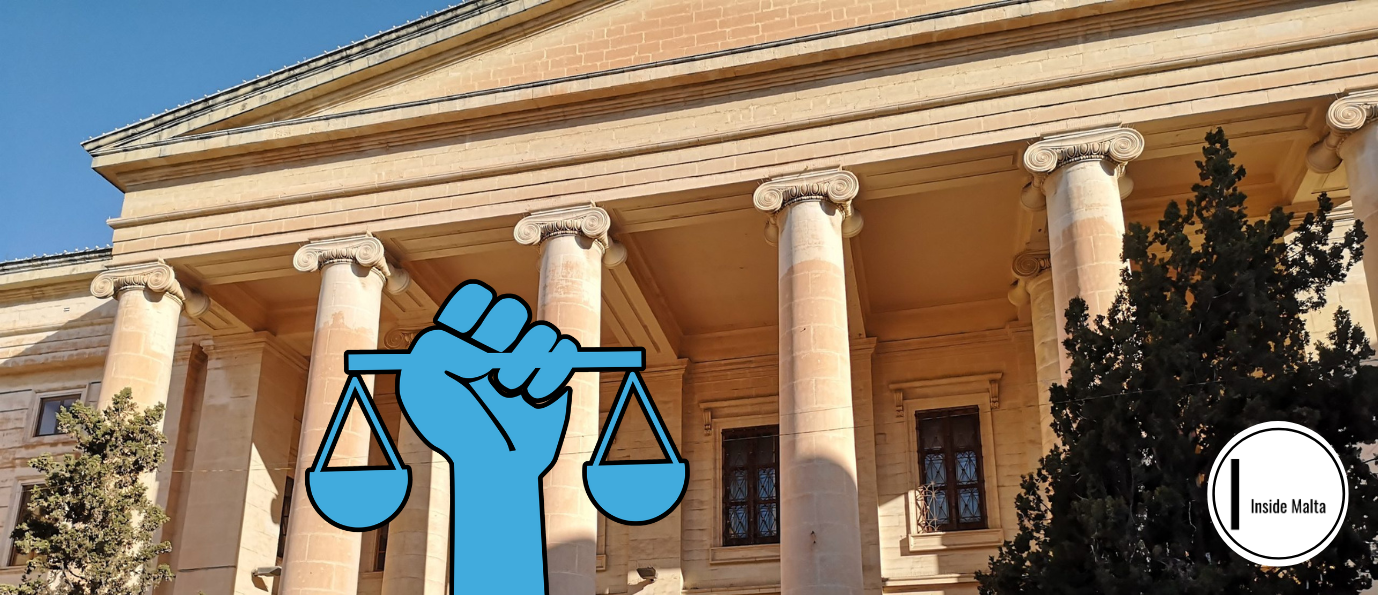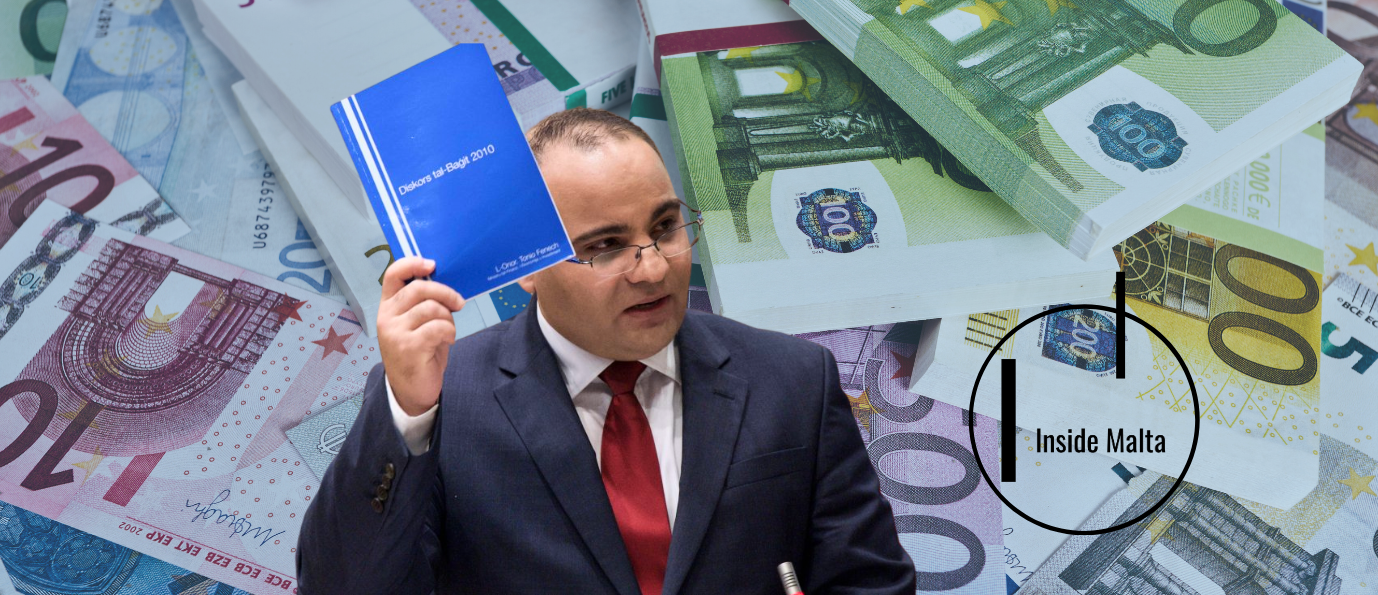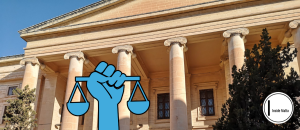Malta’s budget for 2023, announced by Finance Minister Clyde Caruana on October 24th, 2022, gained some positive responses but also raised questions. While several institutions warmly welcomed the funding plans, some officials criticized their wrong prioritization.
It’s not only that the government spends money on secondary sectors while ignoring the social sphere, which is more relevant to the people. The most frustrating thing is that the government does so at the expense of taxpayers, which is us.
The citizens of Malta contribute significantly to the national budget through taxes, entitling them to transparency regarding the government’s expenditures. It is imperative that the people are aware of how their money is allocated and that the government prioritizes essential areas that directly benefit the population. It is important to the Maltese people that funds flow directly to spheres close to them. The government has other priorities and chooses to pay for alternative options.
The Maltese response to climate change
Part of Malta’s budget goes to green projects. ADPD believes it could have given an opportunity to inspire people and businesses to switch their lifestyles to more sustainable ones. However, Malta’s green party is disappointed that the government spends funds on blanket subsidies instead of investing in renewable energy.
“Instead of blanket subsidies, it would have been better to focus help on those sectors which are heavily dependent on petrol and diesel, with the help which should also aim to reduce this dependence,” says ADPD.
At the same time, the party agrees that subsidies should cover essential electricity consumption.
PN leader Bernard Grech also criticized the lack of response to financial problems in the energy sector. For example, Grech criticized that “not even a single chapter on Gozo was included in the budget, apart from recycled proposals.” PN leader is also disappointed that the government is still reluctant to invest in wind farms, though the country has the potential to leverage them and become a hub in the energy sector.
Inadequate approaches to investing in Maltese sports
The sports sector holds cultural significance and deserves development. However, the Maltese government’s focus on short-term gains neglects long-term prospects and results in unnecessary expenses for taxpayers. In the recent GSSE 2023, Malta’s victory was marred by controversy as some athletes obtained Maltese passports solely to represent the country, bypassing residency requirements.
Residing in the country for eight months in a row is required to obtain a Maltese passport. But naturalized athletes lived and trained abroad until several weeks before the games. Chances are these sports professionals are unlikely to remain in Malta to train future talents. Moreover, gold medal winners received financial rewards without obligations to represent Malta in other competitions or support local athletes.
In addition, the government allocated €5 million to associations participating in the GSSE to help them hire professional coaches and technical staff, finance the participation of Maltese athletes in competitions and training abroad, and invest in sports equipment. This money came from public funds, but we still don’t know how and where the respective associations spent the funds.
Naturalized athletes are a common practice in international sports, and it did help Malta to achieve a short-term goal — to win the games. But they took place from those who were born and brought up in Malta. A part of taxes went to subsidies of training sessions for local athletes, but we didn’t see the payoff. It’s a total waste of money, time, and effort.
To establish Malta’s presence on the global sports stage, the government should prioritize investing resources in nurturing local athletes rather than acquiring foreign sports professionals solely to boost its own ego.
Unnecessary court proceedings
The untimely death of Jean-Paul Sophia on the construction site demonstrated how imperfect the Maltese judicial system is. The courts are funded from the taxpayers’ money, and that’s not the quality of work people expect from them.
While the government reduced funding for four out of six expenditures in disciplined forces, including the police and civil protection, the main concern regarding the courts’ functioning lies not in budget cuts but in the improper distribution of resources. This misallocation hampers the pursuit of justice and undermines public trust in the system.
There seems to be a desire among magistrates to expedite the closure of cases like Sophia’s, potentially driven by a need to save money for other investigations. However, it would be more appropriate to prioritize closing cases for economic reasons, such as the long-standing Pilatus Bank case. This unresolved matter has lingered for about six years, casting a negative shadow over Malta, deterring potential investors, and tarnishing its reputation. By prioritizing the investigation into Sophia’s death, the government can demonstrate its commitment to seeking justice and restoring faith in the judicial system.
It is crucial for Maltese society that the investigation into Sophia’s death receives greater attention, ensuring transparency and fairness. By doing so, the government can convey its readiness to pursue justice and address the concerns of the public. Closing the Pilatus case is essential to alleviate its adverse impact on Malta’s reputation, attract investment, and prevent the wasteful expenditure of public funds.
The bottom line
The Maltese government’s misallocation of taxpayers’ money is evident in various sectors. Despite the country’s potential for wind energy, the government fails to invest in this renewable source. Similarly, short-term gains are prioritized over long-term development in the sports sector, resulting in wasted funds on naturalized athletes without obligations to support local talents. Furthermore, inadequate distribution of resources in the judicial system leads to inefficiencies and the mishandling of important cases. The government needs to reassess its priorities and ensure that public funds are effectively utilized for the benefit of the people and the country’s future.















